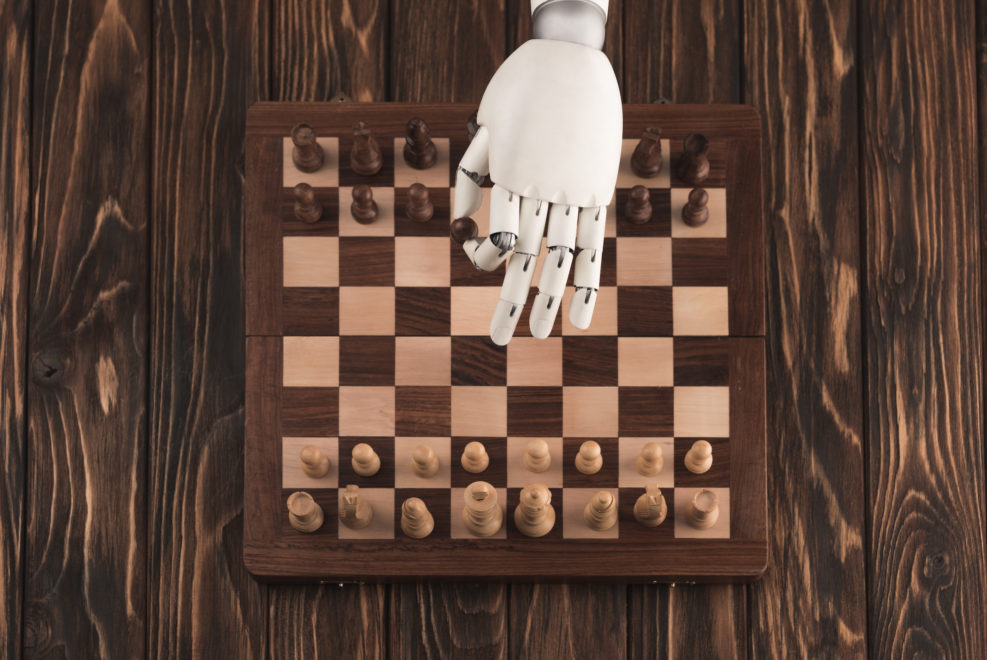
An Excerpt from Chapter Two of Non-Computable You
What You Do That Artificial Intelligence Never Will by Mind Matters podcast host Robert J. Marks is now available in audiobook form. Listen now to an excerpt from the second chapter as read by Larry Nobles. Will machines someday replace attorneys, physicians, computer programmers, and world leaders? What about composers, painters, and novelists? Will tomorrow’s supercomputers duplicate and exceed humans? Read More ›


















